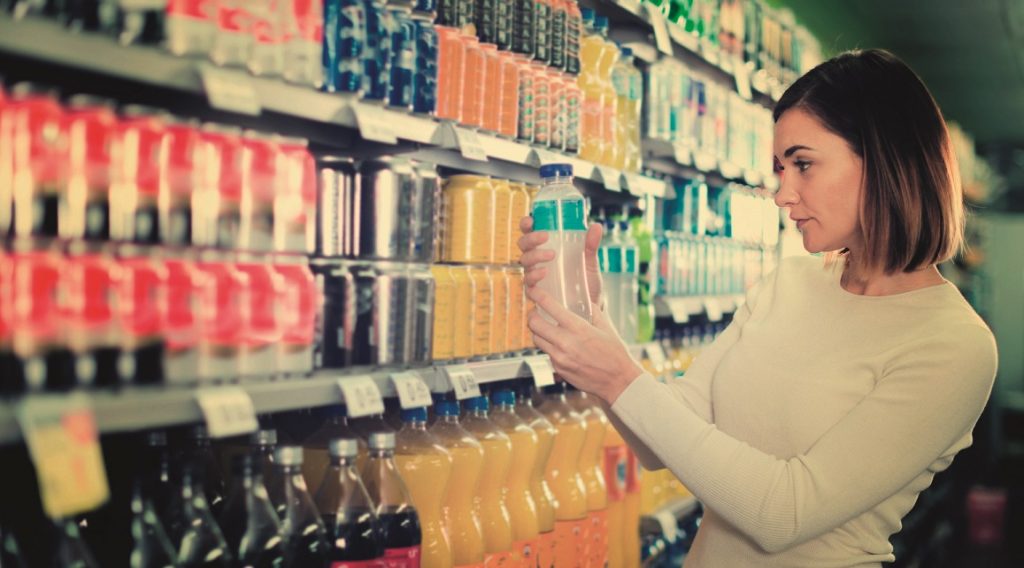However, researchers at the University of Cambridge found that the amount of sugar purchased by households through soft drinks fell by 10% in the year following the introduction of the tax.
The study, funded by the National Institute for Health Research, found the introduction of the Soft Drinks Industry Levy also coincided with significant decreases in purchasing of bottled water. However, the team says this reduction may be due to increases in concern about single-use plastic, which have been attributed, in the UK, to the broadcast of the BBC’s nature documentary series Blue Planet 2.
Professor Martin White, the project lead, said: “The Soft Drinks Industry Levy appears to have led to a reduction in the amount of sugar that people are purchasing in soft drinks without impacting on the overall volume of soft drinks sold. It’s likely that this is due to manufacturers reformulating their products and reducing the sugar concentration in their drinks, as well as to consumers switching to lower sugar alternatives.
“This represents a valuable win-win for public health and the food industry – potentially improving people’s health with no detrimental effect on the volume of soft drinks that companies are selling.”
In response, British Soft Drinks Association director general, Gavin Partington, said: “The soft drinks industry has long led the way in calorie and sugar reduction. Take-home sugar from soft drinks fell by 43.5% between March 2014 and March 2020, according to Kantar Worldpanel data, with a significant amount of that reduction taking place before the Levy was announced in Spring 2016.
“While we recognise that the levy did lead to parts of the sector moving further and faster, we look forward to seeing evidence that the sugar reduction in the soft drinks category has had any meaningful impact on levels of obesity in the UK.”
 Talking Retail Grocery and product news for independent retailers
Talking Retail Grocery and product news for independent retailers






